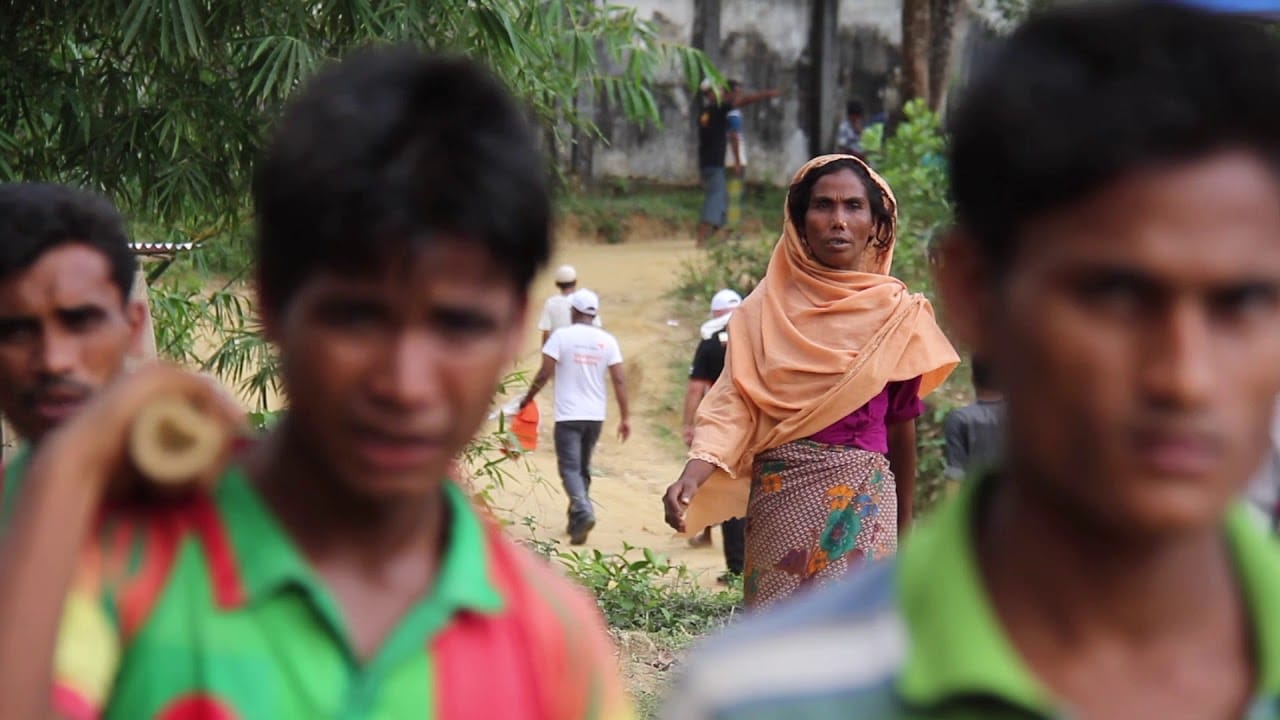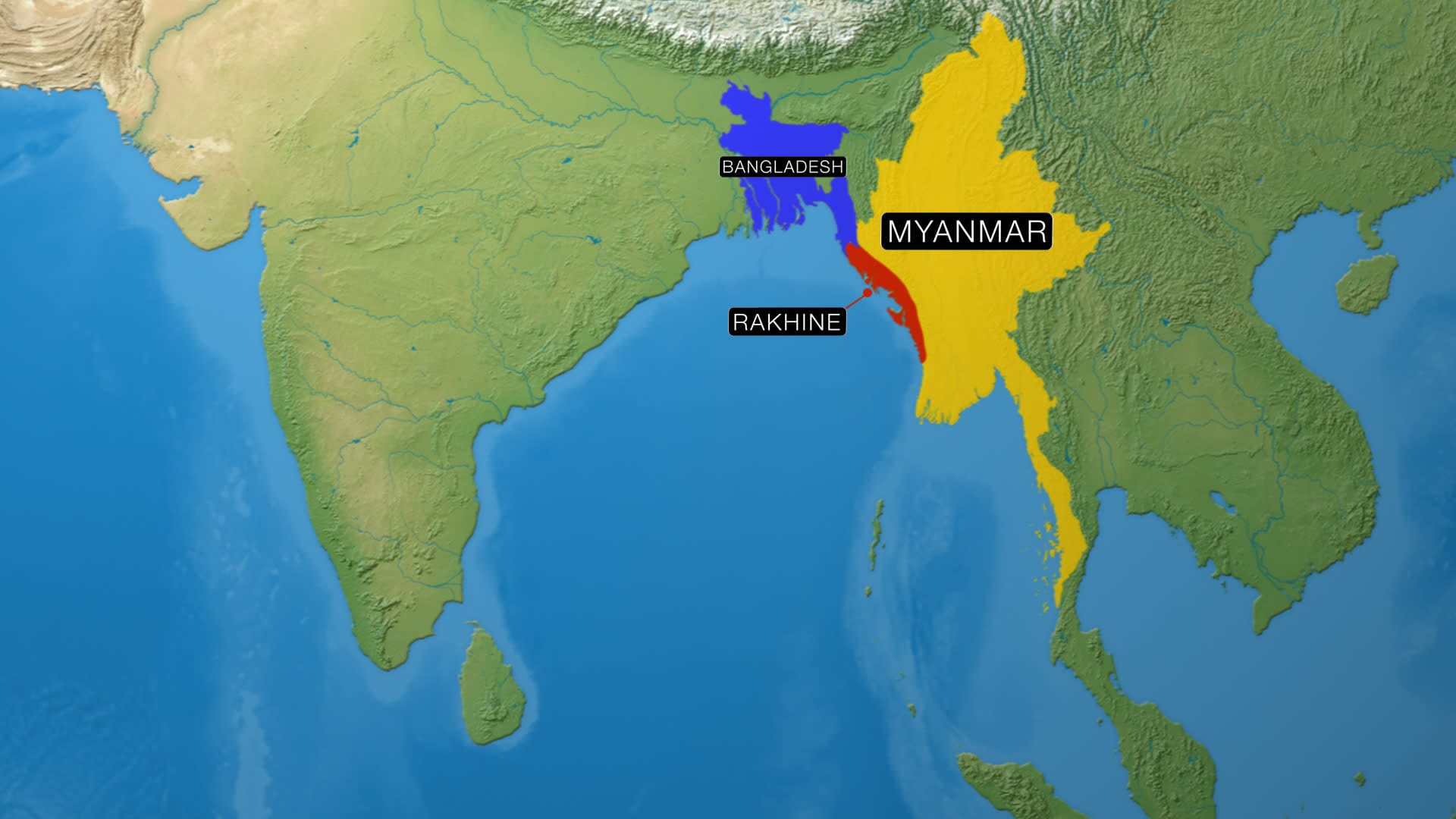
Reverend Tim Costello, a Monash alumnus, is no stranger to refugee camps. During the past 14 years he's travelled to many of them in his role as Chief Advocate of World Vision Australia, but nothing prepared him for what he witnessed when he recently visited a refugee camp in southern Bangladesh.
“For me, going into that camp was like walking through the gates of hell,” he said, referring to a camp in Cox’s Bazar, where more than 860,000 Rohingya have fled Rakhine State in Myanmar. To put that into perspective, the camp's population is four times that of Victoria's largest regional city, Geelong.
It's the fastest-growing refugee crisis in the world, Mr Costello said.

The Rohingya, a stateless Muslim minority living in a Buddhist country, have been escaping a bloody military crackdown that has seen villages torched and murders, systematic rape and violence befall the Rohingya community.
US Secretary of State Rex Tillerson said Myanmar's military action constituted ethnic cleansing, yet the chief counsellor of Myanmar, Aung San Suu Kyi, has been slow to respond to, or even condemn, the violence.
More than half of those who have fled are children, forced to take refuge in a mega camp with only bamboo and black plastic to protect them from the 40-degree heat and 100 per cent humidity.
Bangladesh has recently signed a deal with Myanmar to repatriate hundreds of thousands of Rohingya Muslims, but it's unclear what they will return to, with many of the villages having been burnt down and still no citizenship rights being offered.





